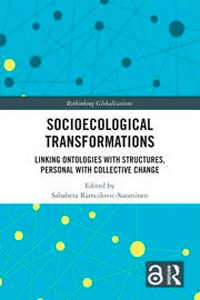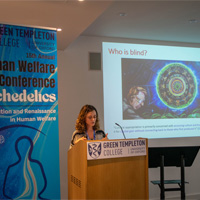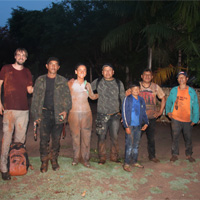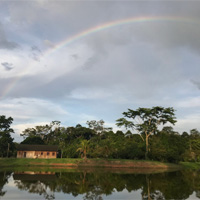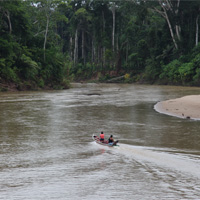This presentation looks at affect theory and indigenous ontologies to illustrate their practical significance in understanding and framing human and other-than-human relations.
It argues that affective political ecology can help to ensure that the post-humanism turn is equipped to engage critically with the necessary transformations that are required for transitioning into a post-human politics while drawing attention to human and non-human forms of life that are colonized, disenfranchised, or impoverished through unequal relationships.
It engages with empirics drawn from research on different indigenous ontologies in Amazonian countries, such as Brazil, Bolivia, and Ecuador, to provide examples of how to re-articulate the relations between humans and other beings that can mitigate the supremacy of the latter by the former.
It looks at the different experiences of these countries in integrating such ontologies into political practice to better understand what alternate possibilities for thinking and living might be opened.
It finishes by exploring the sensibility that should inform a more progressive approach to unprecedented environmental change and allow for transformative connections. Conclusions make a case for an ethics of care in informing how we view nature in post-human politics.
This ethics is attentive to relations between the particular and the universal and recognizes our entanglement in the experiences and vulnerability of those beyond our immediate horizon. The research on which this presentation is based is published as part of the book “Environment, Climate, and Social Justice”.




